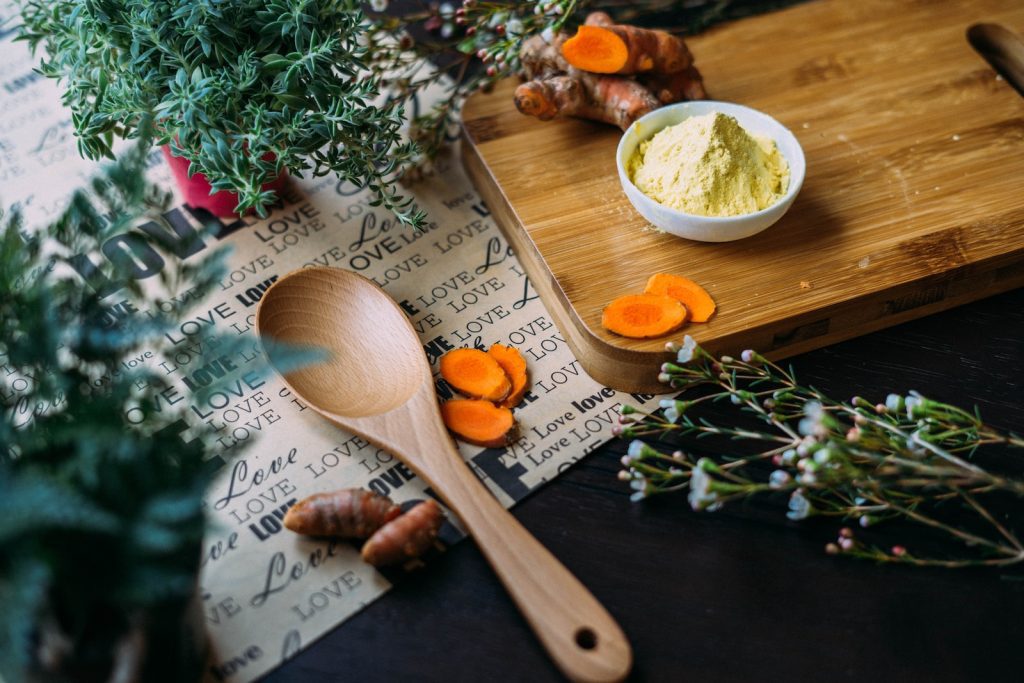Introduction
Herbal medicines include herbs, herbal materials, herbal preparations and finished herbal products that contain active parts of plants, other plant materials, or combinations. Such drugs lack originality and are not patentable per se. But, what would happen when it is a new combined drug or involves a new process? What if the herb is useful but not original? Can new medicinal procedures and applications to already existing medicinal properties of a plant be patentable? Is it eligible for protection under the protection of Plant Varieties Act, of 2001?
Can Traditional Medicine Be Protected by IP?
Knowledge and use of such traditional herbal medicines fall under the ambit of Traditional Knowledge (TK) and can be IP protected by making modifications to the existing properties.

- Isolation, purification and structure elucidation of a new chemical entity from a medicinal plant;
- Discovery and characterization of a novel, unobvious and useful biological properties,
- Synthesis of useful new analogues or derivatives,
- Formulations for a combination of herbal medicine in a new dosage form with higher therapeutic efficacy.
- New indications, extraction and separation of active ingredients from herbal drugs used in the production of pharmaceutical substances, and preparation and processing techniques of standardised extracts are all patent eligible.
In 2001, there were more than 50,000 patent publications on traditional medicine throughout the world. China by 2002 had approximately 20,000 Traditional Chinese Medicine (TCM) patent publications. Such herbal medicines are required for biodiversity conservation, protection, preservation and promotion of cultural heritage and for the transfer of technology across different parts of the world.
In contrast to TRIPS, the Convention on Biological Diversity (CBD) emphasizes on conservation, sustainable use and fair and equitable benefit sharing of genetic resources. Post CBD, IP rights arising out of access to genetic resources or TK are possible only when the benefits are shared with the country/local community providing it.
The Case of Jeevani
“Jeevani” is a drug developed by scientists at the Tropical Botanic Garden and Research Institute (TBGRI), using the tribal medicinal knowledge of the Kani tribe in Kerala, South India.
“Jeevani” is a restorative, immuno-enhancing, anti-stress and anti-fatigue agent, based on the herbal medicinal plant arogyapaacha used by the Kani tribals. Within the tribe, the customary rights to transfer and practice certain traditional medicinal knowledge are held by tribal healers called Plathis.
Three Kani tribal leaders shared this medicinal knowledge with Indian scientists who isolated 12 active compounds from arogyapaacha and developed the drug “Jevaani”. They filed two patent applications one for the drug and for another use of the same plant. The technology was then licensed to Arya Vaidya Pharmacy, Ltd., an Indian pharmaceutical manufacturer.
To full the obligations and share the benefits arising from the commercialization of “Jevaani” a trust was established. The operations of the Fund with the involvement of all relevant stakeholders, as well as the sustainable harvesting of the arogyapaacha plant, have posed certain problems which offer lessons on the role of intellectual property rights in benefit-sharing over medicinal plant genetic resources and traditional medicinal knowledge.
The Commercialisation of TK
Harnessing potential IP is necessary for the economic development of any country. But the commercialisation and expansion of Traditional Knowledge have also led to the rapid worldwide loss of biodiversity, misappropriation of TK and the violation of rights of the local communities that hold and develop the knowledge associated with the use of genetic resources has necessitated the development of various legal measures.
Like many other countries, Indian research institutes and companies are rapidly filing for patents on herbal drugs. It is interesting to note that a few large companies have established their manufacturing units in non-Indian sites. A significant number of finished products and herbal extracts are exported from India and the herbal industry turnover in the millions.
One of the major objectives of the Department of Ayurveda, Yoga & Naturopathy, Unani, Siddha and Homoeopathy (AYUSH), Ministry of Health, India is to protect TK from biopiracy and misappropriation by emphasizing IP creation and protection. So it will be interesting to see whether commercialisation of such TK would lead to even more fruitful results in the future.
Author: Radhika Verma, Legal Intern at PA Legal.
In case of any queries, kindly contact us here.
Thank you for reading our blog! We’d love to hear from you! 
- Are you Interested in IP facts?
- Would you like to know more about how IP affects everyday lives?
- Have any questions or topics you’d like us to cover?
Send us your thoughts at info@thepalaw.com. We’d love to hear your thoughts!
